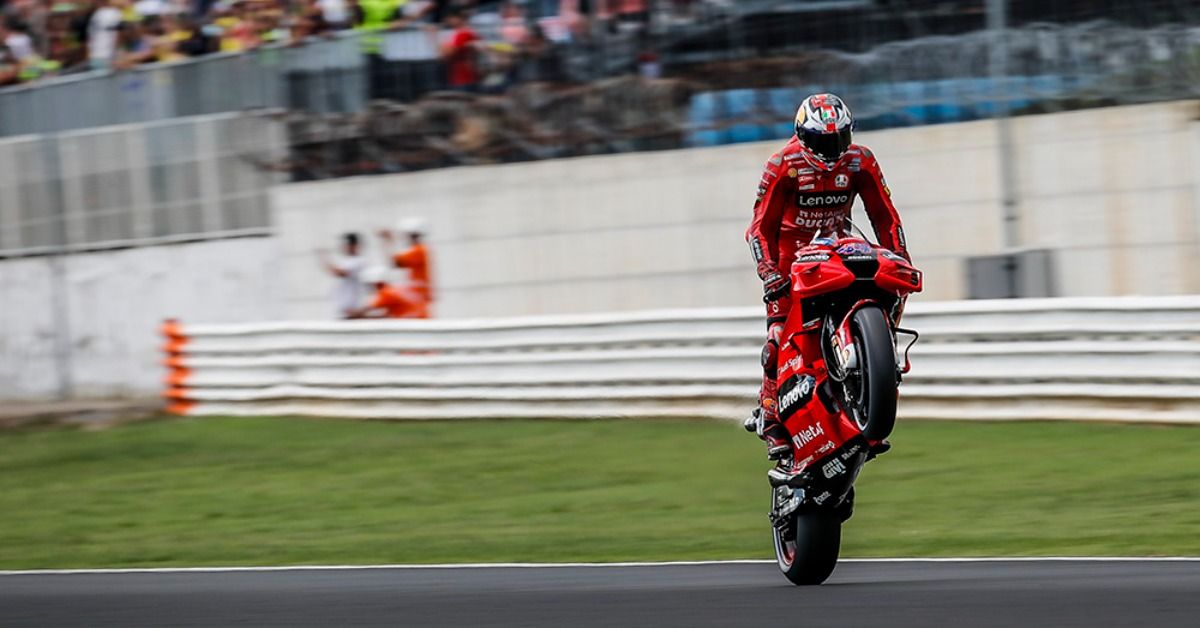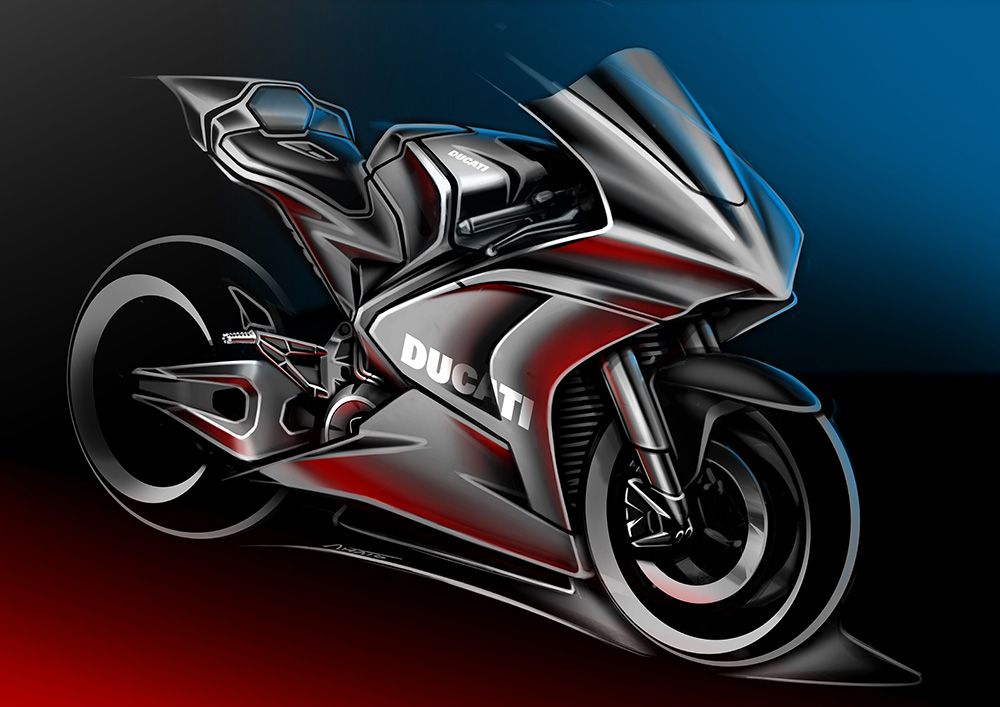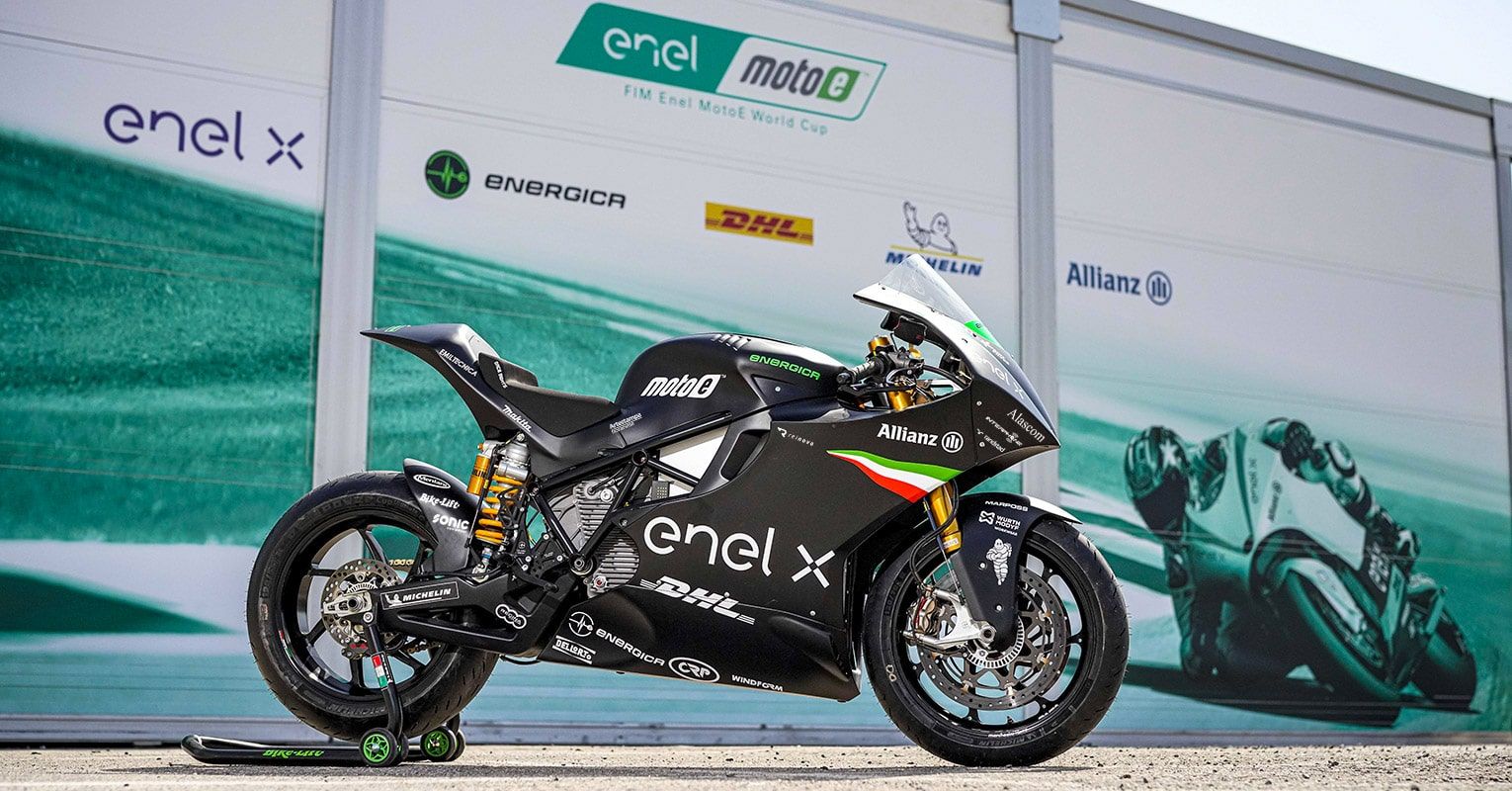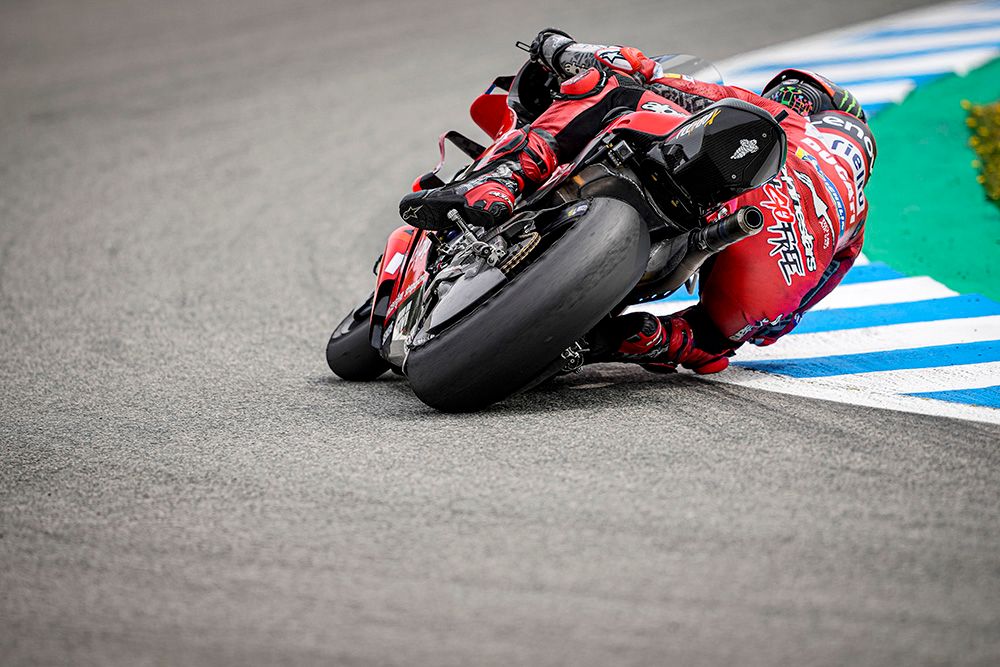Ducati has been flip-flopping for the last couple of years whether to enter the world of electric motorcycles or not. In 2019, Claudio Domenicali, CEO of Ducati Motor Holding had announced to the media that the iconic two-wheeler company “was not far from beginning production of electric motorcycles”, which, as expected, created a buzz globally. The wait began from months to years and finally at the beginning of 2021 Ducati Vice President of Sales Franceso Milicia poured cold water on anticipation of a Ducati electric motorcycle. In an interview with Motorcycle News (MCN), he explained that the company is thinking and working on electric but “Will we produce an electric Ducati soon? No. We think that for the kind of machine we produce now, an electric motorcycle cannot guarantee the pleasure, the range, and the weight that Ducati riders expect.” Six months after making this statement, Ducati threw another curveball and announced that from the 2023 season the Bologna-based company will be the sole official supplier of motorcycles for the FIM Enel MotoE World Cup, the electric class of the MotoGP World Championship. For those who aren’t too familiar with the premium two-wheeler racing world, MotoGP is for motorcycles what Formula 1 is for cars and like the all-electric car race, Formula E, MotoE is its counterpart, which made its debut in 2019. As incredible as this news is, there’s one ‘slight’ problem, Ducati currently doesn’t make electric motorcycles. We do agree that even though that the road ahead is a long challenging one for them, a lot can be achieved from now till 2023.
Biting Off More Than Ducati Can Chew?
Ducati may be a novice in the zero-emission field, but one can’t overlook its parent company, Volkswagen who aims to be a carbon-neutral company by 2050 and wants half of its vehicle sales to be electric by 2030. Under this ‘New Auto’ strategy, Ducati can dip into the VW Group’s expertise in the field of electric powertrains and also learn a thing or two about performance-oriented technology in electric mobility from both Audi and Porsche.
Why does this move make it crucial for Ducati? Well, MotoE is a one-make series like Moto2 where one manufacturer is the sole supplier to all the teams providing the electric bike and all the components. This may sound like a crash course for Ducati, but with its proven racing pedigree, the Borgo Panigale motorcycle manufacturer may actually be playing to its strengths by entering the world of e-motorcycles from the pinnacle of e-motorsport.
Ever since the inception of MotoE in 2019, Italian electric motorcycle manufacturer Energica’s been the supplier for this racing series with its Ego Corsa bikes. Even though the motorcycle is based on its road-legal performance electric bike, the Energica Ego, the MotoE version's received racing-oriented modifications and equipment to ensure it offers sports bike-like power and rideability on the track. The current MotoE bike is powered by a 20kWh high voltage Lithium-ion battery pack, which churns out 163 hp and 215Nm of torque with a top speed of 168 mph.
Rooted To Its Racing DNA
Ducati has a rich heritage in the racing world from being the only non-Japanese motorcycle manufacturer to win the MotoGP championship to having participated in Superbike World Championships since the first edition in 1988 and now with that same indomitable spirit, it will take on the challenge to create the best performing product possible for MotoE. Ducati has been studying electric powertrains for years, how they have evolved and now work on how they can improve it further.
The Bologna-based firm has already chalked down some things to focus on that resonate with the company’s DNA like trying to keep the bike lightweight. Ducati motorcycles are well-known for their agility, razor-sharp handling and class-leading power-to-weight ratio. Keeping in the mind the weight of the batteries, they will use futuristic technological solutions to achieve this feat and the motorcycles will be tested on different race tracks around the world. The second is how to make the e-motorcycle faster, exciting and desirable because Ducati believes in applying its racing experiences on production bikes. This transfer is quite evident in the recent products like the V4 engine of the Panigale, which is based on the 2015 MotoGP powertrain along with the aerodynamics and the onboard software all developed from the racing world. The same is the case with the new Multistrada’s V4 Granturismo, which is derived from the Panigale engine. This successful formula will be applied for the MotoE championship and will allow Ducati to develop sporty, light and powerful electric motorcycles equipped with the best technologies from the premier racing series. Looks like Ducati has its work cut out as it will tackle important challenges in this field like the size, weight, autonomy of the batteries and the availability of charging networks. As for the production version of the Ducati EV, it’s too early to say when it will hit the streets, but we expect it to surely change the EV world.




